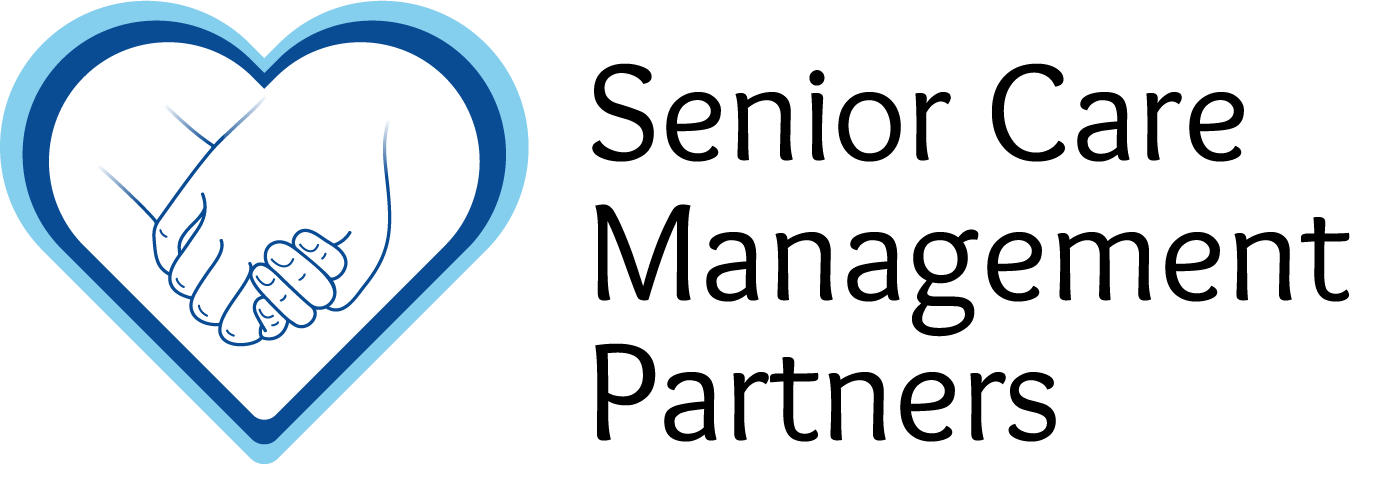
On average, 10 percent of individuals over 65 have some form of dementia (Alzheimer’s dementia, vascular dementia, Lewy body dementia, Parkinson’s-associated dementia, etc.). Our dementia services are even useful for the additional 20 percent with mild cognitive impairment (MCI).
Sue Wiesenberg, our founder, is a certified dementia care practitioner and dementia care specialist. This means she has undergone significant training to provide insight, guidance, and solutions for families coping with dementia.
Give us a call if you are concerned about a loved one with memory loss: 302-200-9719.
Comprehensive assessment
Our dementia care begins with a comprehensive assessment. In it we will identify your loved one’s strengths and weaknesses in the following areas:
- Cognitive abilities (memory, safety awareness in and out of the home, logic, planning abilities, etc.)
- Medical conditions and medications
- Functional abilities (Can they take care of themselves independently: bathing, dressing, shopping, cooking, managing finances?)
- Mobility (How do they get around, indoors and out?)
- Transportation challenges
- Social isolation and community engagement
Return to top
Family caregiver support
Family caregivers do a tremendous amount to help a loved one with dementia. Part of our assessment includes the spouse and/or adult children. We ask:
- What are they observing?
- What do they have to help with?
- What is most challenging?
But we also want to know about the well-being of the family caregiver:
- Their health
- How long they can continue in this role at this level of involvement
- What education would best help them manage challenging situations
- What services would be beneficial as support
Many a family sees the caregiving spouse decline much faster than the person with dementia simply because the load is too much. We look at the whole picture. The goal is to preserve everyone’s health, safety, and happiness.
Important conversations
Dementia affects everyone in the family. Issues we might discuss include
- a spouse’s or the adult children’s need for help
- what to consider about future changes in memory and mobility
- how problems such as sundowner’s syndrome or emotional outbursts can be managed ahead of time to prevent or reduce their impact
- when is the time to take away the car keys and how best to do it
Return to top
The care plan
Our recommended strategies are designed to provide safety and the best possible quality of life, as well as dignity and appropriate independence for the person with dementia. The plan is also designed to support the health and well-being of family caregivers.
Home modifications
We look at the home (with the eyes of a physical therapist) to identify safety issues. Recommendations can be made for dementia-friendly changes in the home environment. Most clients prefer to age in place for as long as possible.
In-home care
We can recommend the best home care. Or if that is too expensive, one option is to work with you to identify adult day care that could provide family caregivers with a much-needed break during the day.
Long-term care
Caring for a loved one with dementia is very taxing. The longer it goes on, the harder and more fatiguing it gets. It’s just too much for one person to do day after day, month after month, year after year. As time goes on, up to 90 percent of families eventually realize that their loved one needs 24/7 support by professionals who can arrive fresh each shift. When that time comes, knowing the family budget and preferences, we can recommend the best memory care or residential care home, or the best nursing home, to assist with placement decisions that are the most appropriate. If your loved one has a long-term-care insurance policy, we can help you apply for benefits and assist you throughout the assessment process by the insurance company.
As your partner in care, we will walk with you through the very last chapter. We can recommend the best hospices in your area. We can also support family caregivers with information and guidance in their role as the health care decision maker.
Return to top


